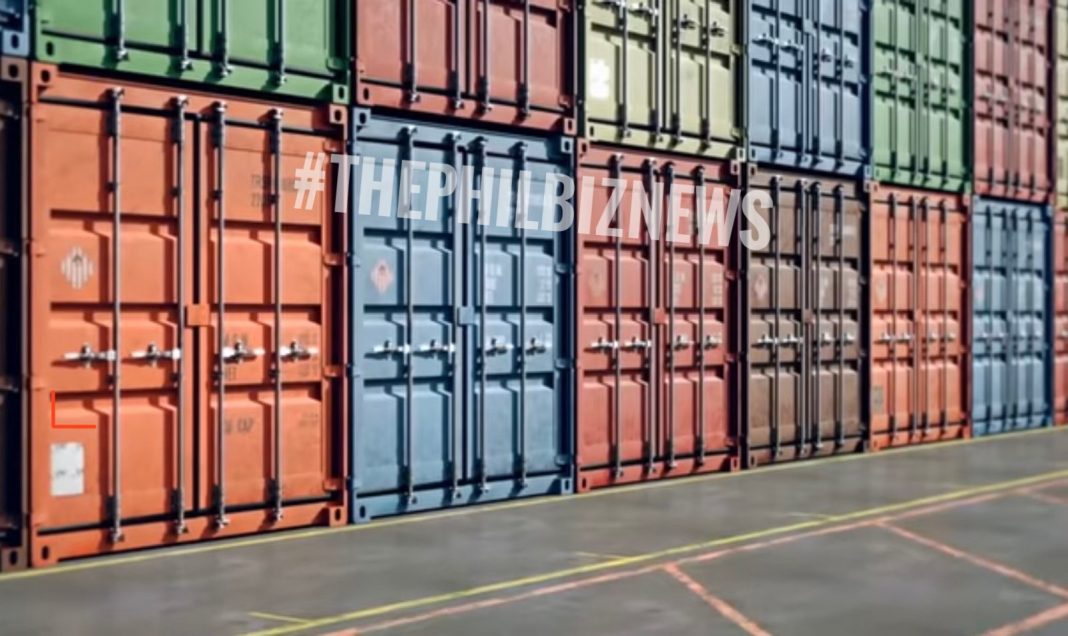With the approval of the Philippine Export Development Plan (PEDP) 2023-2028 on 06 June 2023 and the recent entry-into-force of the Regional Comprehensive Economic Partnership Agreement (RCEP) for the Philippines on 02 June 2023, the country is set to actualize its untapped export potential.
To set this in motion, the Department of Trade and Industry (DTI) organized the International Trade Forum (ITF) on 15 June 2023 to gather key government officials, foreign dignitaries, private sector representatives, and other stakeholders to discuss ways forward for export industries in light of these recent developments.
Philippine Export Development Plan 2023-2028
The Philippine Export Development Plan (PEDP) 2023–2028, aligned with the Philippine Development Plan (PDP), aims to dramatically change the trajectory of the country’s export performance to position the Philippines as an agile, resilient, and competitive player in the global trade arena rooted on our long-term vision and aspiration for the Filipinos to have a “Matatag, Maginhawa at Panatag na Buhay” by 2040.
The PEDP is the result of strong collaboration between the government and stakeholders, as the Philippines commits to pursuing export development as a national agenda.
It is a roadmap designed to develop and position the Philippines and our exporters as an agile export powerhouse in key industries, through the implementation of programs, activities, and projects that will contribute in:
Addressing constraints to production specifically in the areas of innovation, human resource development, business environment, finance and infrastructure;
Developing a strong and innovative export ecosystem; and
Increasing the Philippines’ mindshare in the global market.
In addition, industry development interventions will be followed through with firm-level support based on the varying levels of export readiness of our exporters. The PEDP will equip our exporters with the tools, resources, and enabling environment to quickly adapt and thrive in a fiercely competitive international market.
By 2028, we aim for the Philippines to be a leading exporter of high-value products and services by leveraging our superior knowledge and talent to cater to the diverse needs of global markets and consumers.
Through the efficient and effective implementation of the PEDP 2023-2028, exports will play a pivotal role in driving economic growth, creating jobs, and elevating the country’s position in the global marketplace.
Regional Comprehensive Economic Partnership (RCEP) Agreement
As the country adopts and implements the PEDP 2023-28, it is also timely that it is set to participate in the largest free trade agreement, the Regional Comprehensive Economic Partnership (RCEP) Agreement.
The RCEP is a regional trade agreement between the 10 ASEAN Member States and five (5) ASEAN FTA partners, namely: Australia, China, Japan, Korea and New Zealand. Taken together, RCEP countries account for 30% of global GDP and one-third of total inward foreign direct investment (FDI).
In addition to enhanced market access for goods and services, RCEP provides business friendly mechanisms as well as advanced customs procedures to facilitate trade. In particular, one key takeaway from RCEP is that it features a single set of rules of origin (ROO) to access the markets of 14 other countries.
Moreover, RCEP provides a wider sourcing area that includes the country’s major sources of raw materials such as ASEAN and China. These trade facilitative provisions are expected to encourage exporters to make use of the Agreement and increase the country’s export competitiveness.
On services, RCEP provides guaranteed market access to encourage more investments and service providers in vital sectors such as manufacturing, creative sectors, financial services, research and development, IT-BPO, professional services, and energy, among others.
As part of a broader web of free trade agreements, membership in the RCEP makes the Philippines a more attractive investment destination for other countries such as the United States (US) and the European Union (EU), who may want to take advantage of the economic integration and lower trade barriers within the RCEP region. This will also support the Philippines’ positioning as an ideal manufacturing hub in the region.
The Philippines currently benefits from several trading schemes with its major export partners, such as the EU-GSP+, UK Developing Countries Trading Scheme (DCTS)., and the bilateral Philippines-European Free Trade Area (EFTA) FTA, a trading bloc which consists of Iceland, Liechtenstein, Norway, and Switzerland. Complementarities among these trade arrangements and RCEP can create competitive advantages for Philippine exporters and will help contribute to reducing the country’s trade in goods deficit.
The reduced trade barriers and increased investment generated by RCEP will also create opportunities for the integration of MSMEs into the global value chains (GVCs). By having access to cheaper, high-quality raw materials and a flexible certification procedures for availing of preferential trade arrangements, RCEP can facilitate MSMEs integration in international markets. MSMEs not directly involved in exporting will be able to provide their goods and services to value-added firms engaged in GVCs.
In line with the Senate Resolution’s provision for a comprehensive strategy and plan to increase the competitiveness of Philippine industries, the DTI, in coordination with other government agencies and stakeholders, will launch a nationwide campaign to increase knowledge and encourage the utilization of RCEP and other FTAs, particularly among MSMEs.
RCEP is part of the administration’s socioeconomic development agenda and will boost the country’s positioning as an investment and innovation hub in the region as it will complement recent legislative reforms pursued by the country, such as the passage of amendments to the Retail Trade Liberalization Act (RTLA), Foreign Investments Act (FIA) and Public Service Act (PSA).














